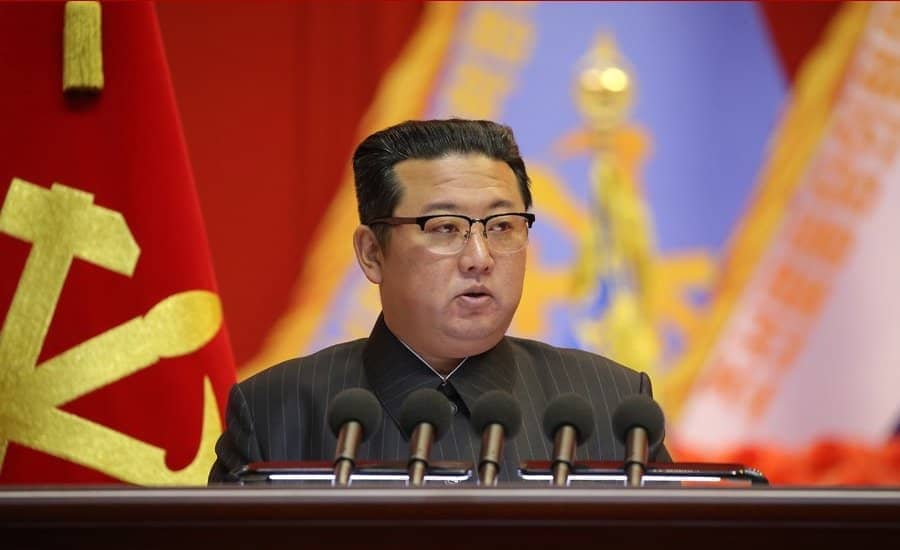Ten years ago today, at noon on 19 December 2011, the veteran newsreader and ‘Pink Lady’ Ri Chun-hee, donned an unusual black hanbok. Struggling to hold back her tears, Ri announced that North Korea’s Dear Leader, Kim Jong-il – a recluse workaholic who had led the country for 17 years – had died.
On the same day, his twenty-something second son, Kim Jong-un, was duly anointed as the ‘great successor to the revolutionary cause’. Today’s anniversary does not reflect well on Kim’s legacy as leader of North Korea. He now rules a state crippled by economic problems, beset by factionalism in the ruling party, and which has sour relations with both the US and South Korea. After ten years in power, how did it all go so wrong for Jong-un?
Only a few years before his ascension, the youthful Jong-un had been a political nobody and it surprised most North Korean observers when he rose to the rank of a four-star general in 2010.

Britain’s best politics newsletters
You get two free articles each week when you sign up to The Spectator’s emails.
Already a subscriber? Log in






Comments
Join the debate for just £1 a month
Be part of the conversation with other Spectator readers by getting your first three months for £3.
UNLOCK ACCESS Just £1 a monthAlready a subscriber? Log in